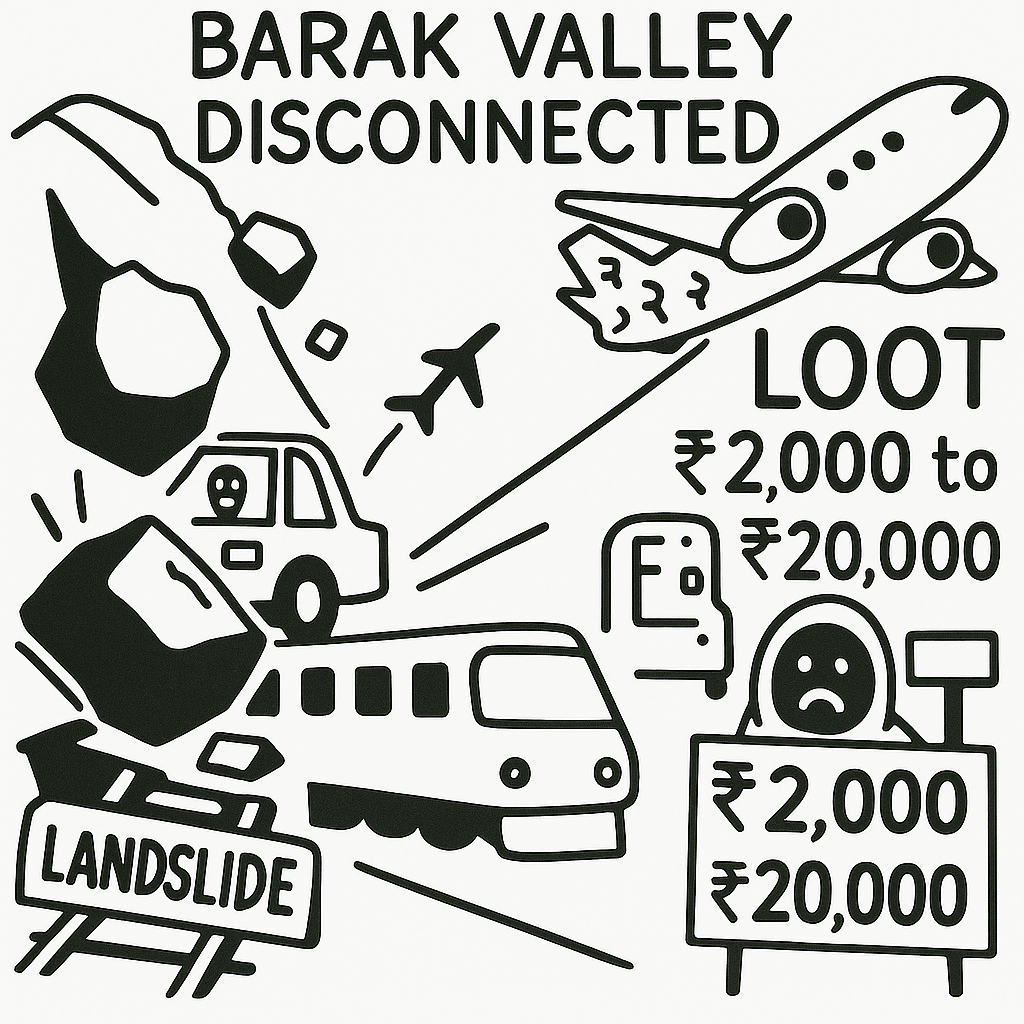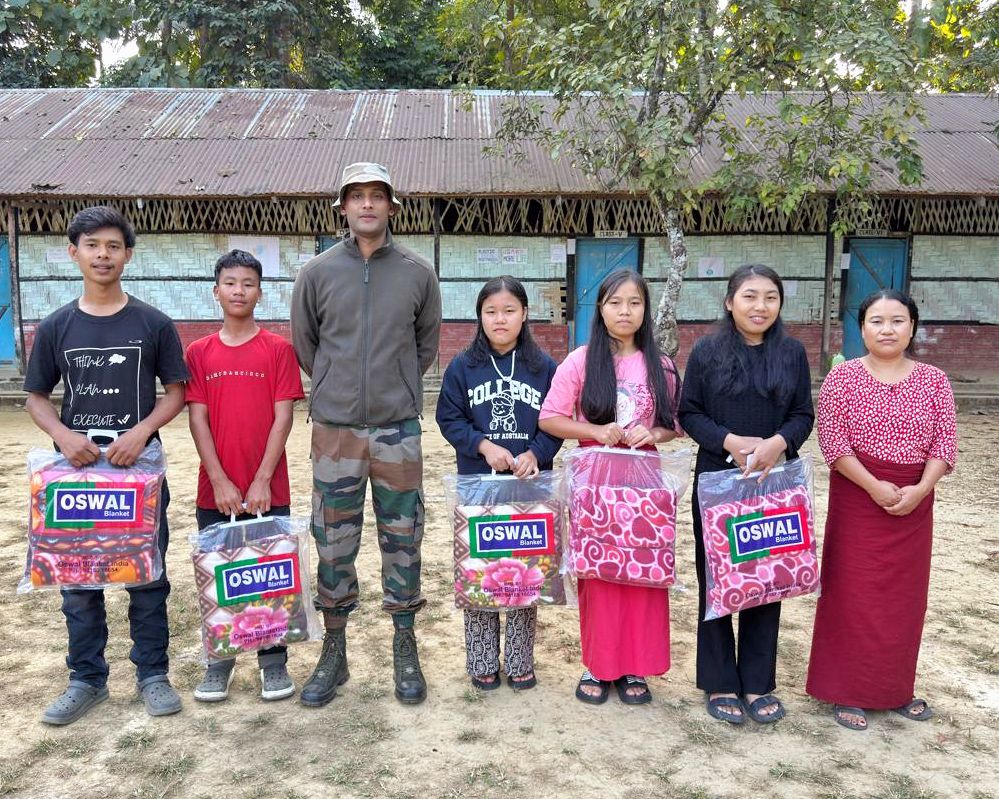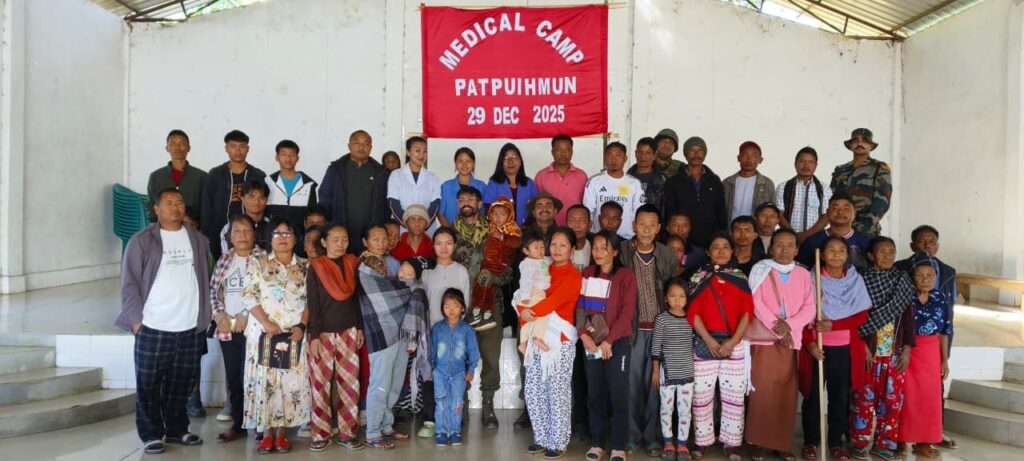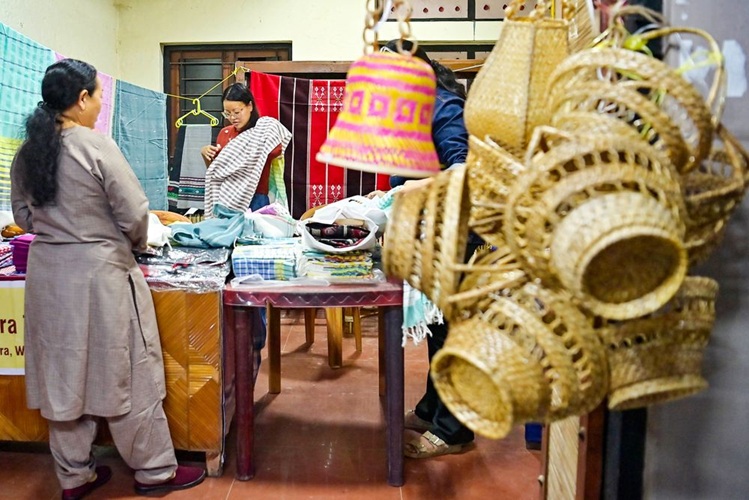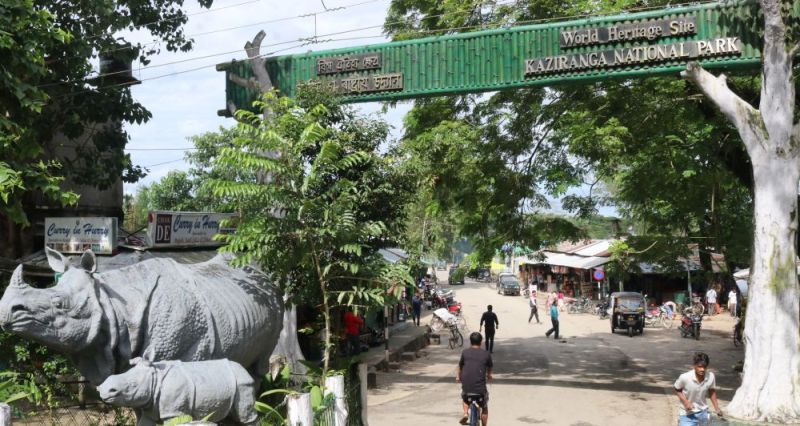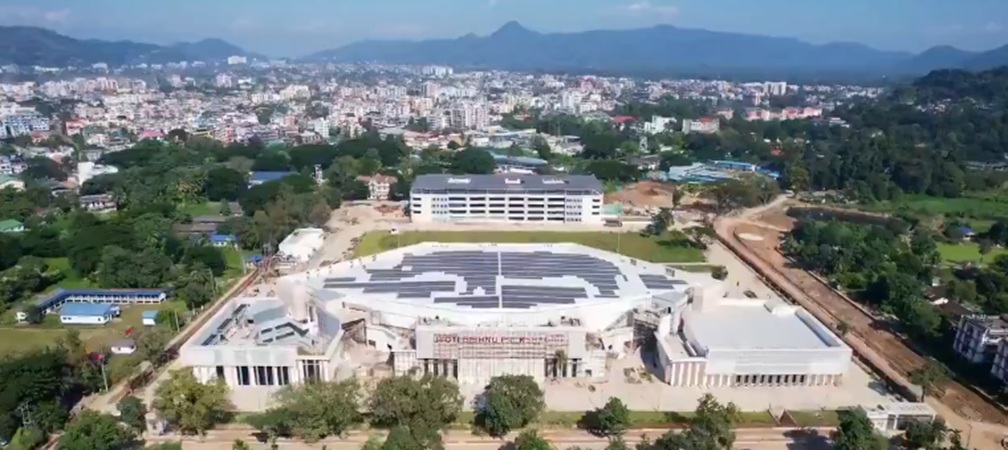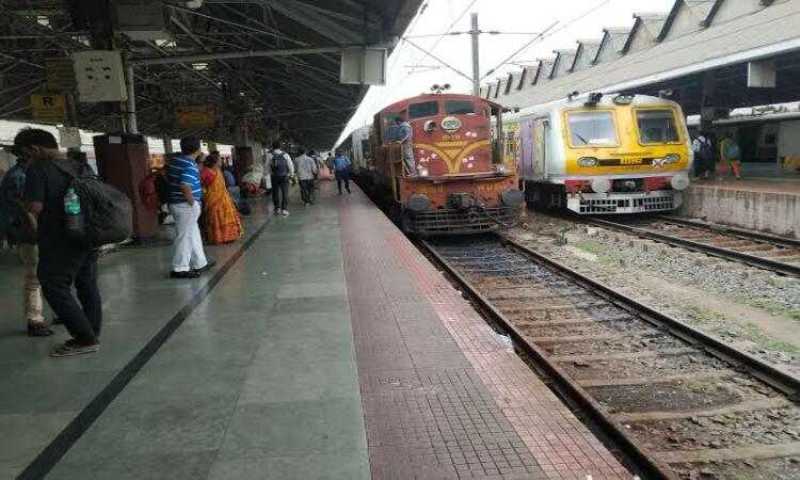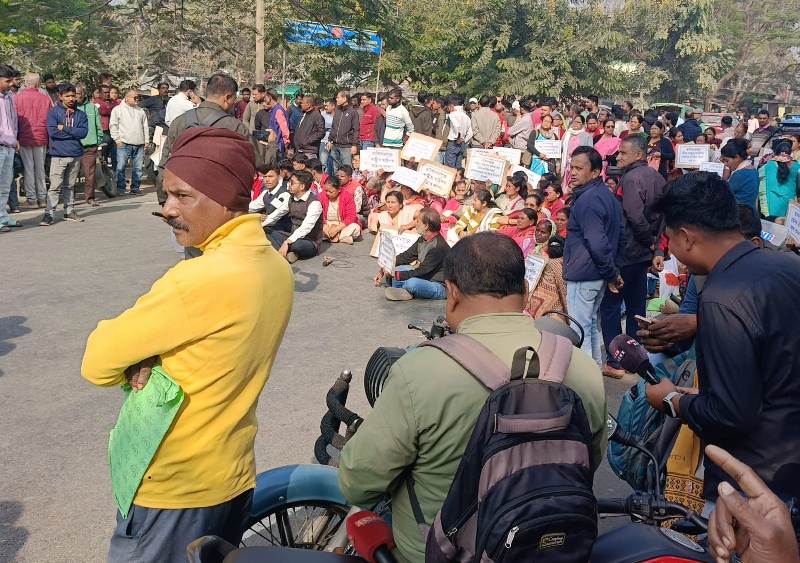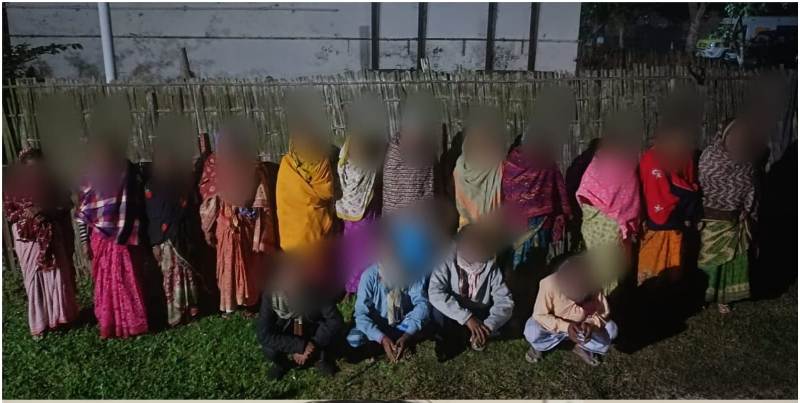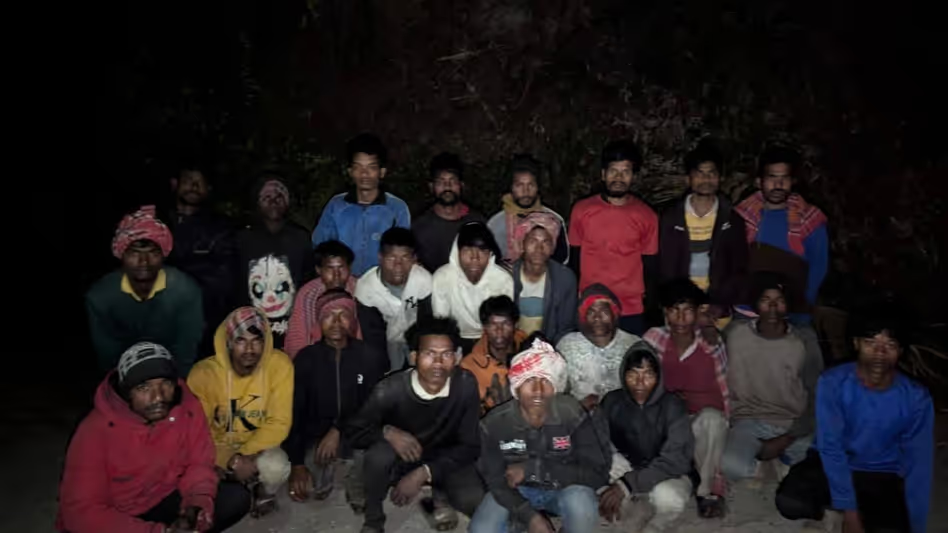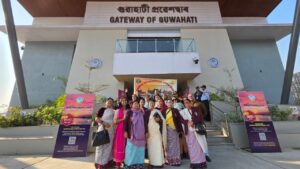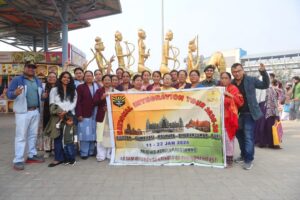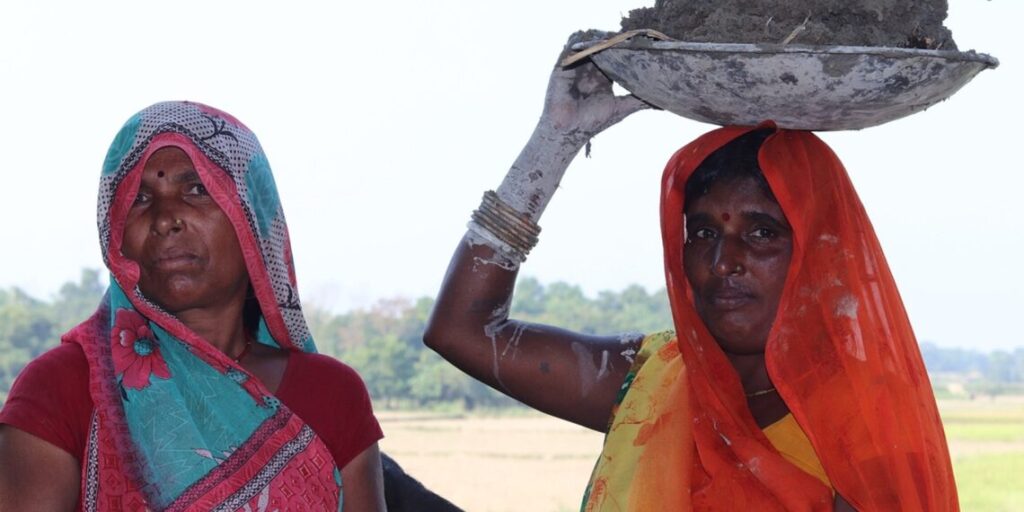
More than 50 lakh workers benefit from labour welfare programs: Government
B O News Desk : The government announced on Tuesday that welfare schemes under the Ministry of Labour and Employment have supported over 50 lakh unorganised workers and their families, significantly improving their quality of life.
Implemented through the Directorate General of Labour Welfare (DGLW), these initiatives primarily benefit workers in the beedi, cinema, and mining industries.
According to an official statement, the schemes are part of a broader strategy to provide social protection and uplift marginalised segments of the workforce.
One prominent initiative, the Education Assistance Scheme, offers annual scholarships ranging from Rs. 1,000 to Rs. 25,000 for the children of workers in these sectors.
Administered via the National Scholarship Portal, the scheme uses the Direct Benefit Transfer system to ensure timely and transparent disbursement of funds, receiving over one lakh applications each year.
Healthcare support includes outpatient services through a national network of dispensaries and financial aid for critical treatments such as cancer care, kidney transplants, heart surgeries, and tuberculosis management.
Financial assistance ranges from Rs. 30,000 for minor surgeries to Rs. 7.5 lakh for life-threatening conditions, providing low-income families with essential access to life-saving treatments.
The Revised Integrated Housing Scheme, which was merged with the Pradhan Mantri Awas Yojana in 2016, continues to assist eligible beneficiaries through pending installment disbursements, scheduled to conclude by March 31, 2024.
These efforts ensure continuity of housing support for workers who previously relied on the programme.
Administered by the Labour Welfare Organisation, which operates under the DGLW, the schemes are implemented through a network of 18 Welfare Commissioners to ensure effective regional oversight and outreach.
The ministry noted that the programs are designed to reach workers in remote and underserved areas, delivering essential services and support to those most in need.
In its statement, the ministry described these efforts as a testament to the government’s vision of inclusive growth and social equity.
By addressing critical needs in education, healthcare, and housing, the schemes underscore a commitment to improving the lives of unorganised workers while promoting the broader goal of “Sabka Saath, Sabka Vikas.”

